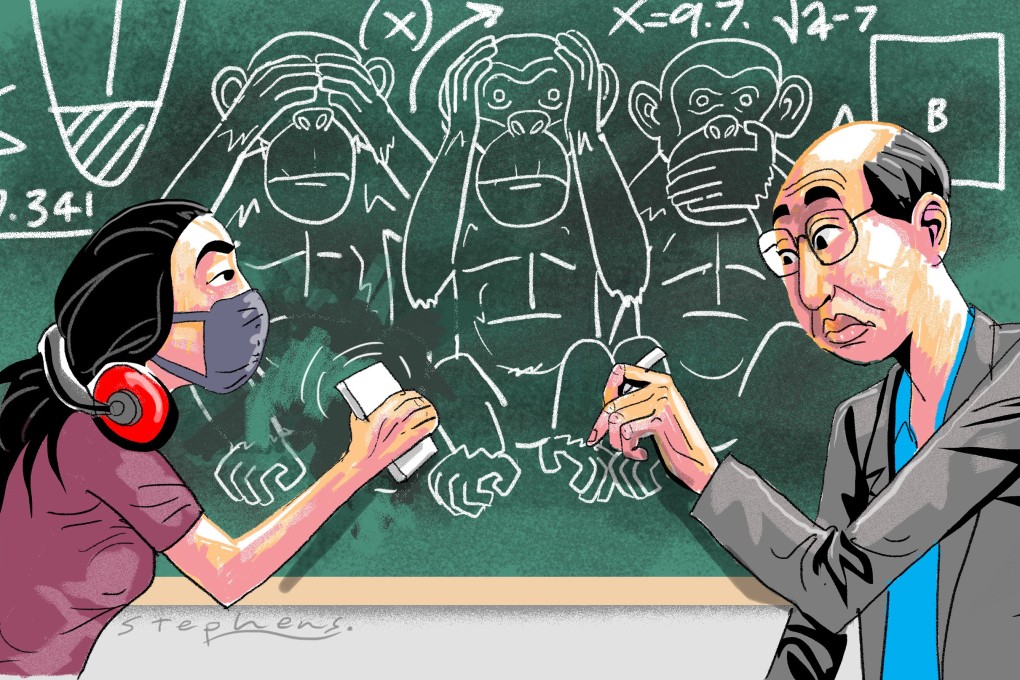Opinion | Why Hong Kong protesters are forcing university leaders to pick a side – academic freedom is at stake
- Behind public support for the protesters is the realisation that Hong Kong has paid a steep price for silence over policies that pushed integration with the mainland
- University leaders’ failure to speak up on the extradition bill and during the early days of the protests does not bode well for academic freedom

Not only are the protests the biggest challenge to the Communist Party since the handover and Hong Kong’s worst post-war catastrophe, they embody a seismic shift in terms of how Hongkongers define and identify ourselves, institutions of power in the city, relations between Hong Kong and the mainland (and mainlanders), and the nature of Hong Kong society. Hong Kong will never be the same again, even after the protests eventually end.
Reasons for this general support can be traced, in part, to a tacit acknowledgement by the older generations that we did not speak up when we should have. After the signing of the Sino-British Joint Declaration in 1984 and the crackdown on Tiananmen Square protesters in 1989, Hongkongers with means, and those working in the colonial government, police or military, emigrated to other countries, while those who couldn’t resigned ourselves to the handover.
The “umbrella movement” failed because Hongkongers could not put up with being unable to get to work or get home as fast as we would like.

